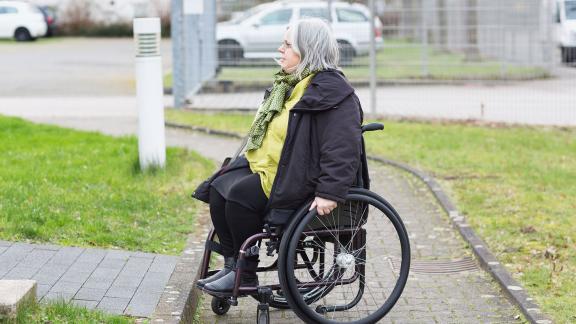An emerging consensus: MPs’ and councillors’ views on fixing social care funding

There is a growing consensus that additional funding and support are needed for social care to ensure services are both sustainable and accessible to everyone that needs care. The status quo is untenable: staff are overstretched and underpaid, the market for providers is fragile and there is growing unmet need for support.
This was true 18 months ago when Boris Johnson became Prime Minister, promising to bring forward proposals to “fix social care once and for all.” Since then, COVID-19 has
further exposed the underlying weaknesses in the social care system, strengthening the case for urgent action.
The Health for Care coalition commissioned YouGov to survey a representative sample of MPs and councillors in England between November and December 2020 to gauge their views. The findings reveal a strong consensus on the need for adult social care reform in England. This consensus spans party divides and both national and local government.
This report summarises the findings.
Key points
- 9 in 10 MPs surveyed – and 92 per cent of councillors – agreed that local government does not have enough resources to meet the growing need for social care services for those currently eligible for state-funded or subsidised care.
- Over three-quarters of MPs believe that the budget for social care should be raised. Almost two-thirds (60 per cent) of all MPs believe the social care budget should be raised by £7 billion a year or more by 2023/24. This is higher among councillors, with 86 per cent (including almost three-quarters of Conservative councillors) believing the social care budget should be increased by £7 billion a year. This is in line with authoritative assessments of the size of the funding gap in social care.
- Almost two-thirds of MPs felt that a long-term financial plan and workforce strategy should be a priority for the social care sector. A third of both MPs and councillors said it is the top priority for social care.
- While we found considerable cross-party consensus on the need for reform, we also found that on one of the biggest issues for politicians, how to fund social care, many MPs are still undecided about the best approach. However, almost half of MPs surveyed (and 72 per cent of councillors) believe that social care should be paid for through some form of collective funding mechanism from across the population (for example this could include a National Insurance style tax mechanism similar to how the NHS is funded, or a progressive tax based on age, among other mechanisms).



